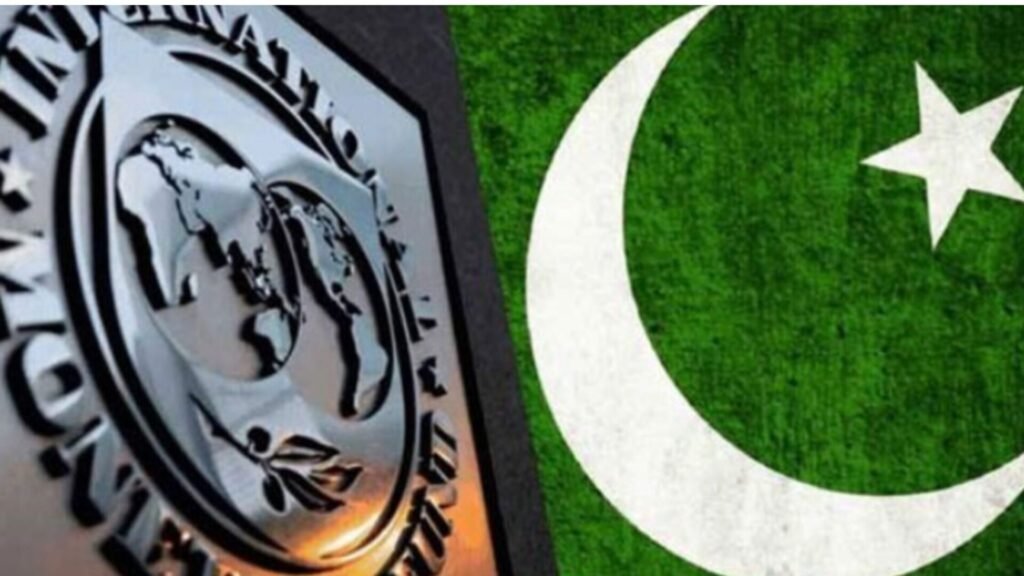In a significant development, the International Monetary Fund (IMF) has agreed to Pakistan’s proposal to reduce customs and regulatory duties in the upcoming federal budget 2025–26. This move, part of the broader tariff policy 2025–30, is expected to reshape Pakistan’s import landscape and stimulate economic activity across several sectors, especially automotive and energy.
Table of Contents
ToggleRegulatory Duties Reduced: What It Means for Pakistan
As part of ongoing negotiations with the IMF, Pakistan successfully secured a commitment to lower regulatory and customs duties. This decision aims to:
- Align Pakistan’s trade policies with global trade standards.
- Boost industrial competitiveness.
- Encourage foreign investment and commercial imports.
These tariff reductions are poised to benefit consumers and manufacturers by lowering the cost of imported goods, especially vehicles and energy equipment.
Lifting Import Ban on 5-Year-Old Used Vehicles
In a landmark policy shift, the government has agreed to lift the import ban on 5-year-old used vehicles, a move long requested by automotive traders and consumers. The liberalization of the automotive sector is expected to:
- Increase availability of affordable cars.
- Create competitive pricing in the local market.
- Help bridge the gap between demand and supply in the automobile sector.
IMF Pushes for Removal of Non-Tariff Barriers
The IMF has urged Pakistan to eliminate non-tariff barriers (NTBs) and allow commercial imports of vehicles to streamline the flow of goods and improve trade efficiency. This change will:
- Simplify import processes.
- Enhance trade transparency.
- Encourage international partnerships.
Green Energy Shift: New Electric Vehicle (EV) Policy
As part of its green agenda, Pakistan is introducing a comprehensive Electric Vehicle (EV) policy. Key highlights include:
- A goal of 30% electric vehicle adoption by 2030.
- Launch of a nationwide EV charging infrastructure.
- Introduction of subsidies and incentives for battery-powered vehicles.
This transition is aimed at reducing reliance on fossil fuels and curbing pollution levels across major cities.
Read More : Pakistan’s Gas Production Drops by 8.4%
Petrol & Diesel Carbon Levy from July 2025
To discourage the use of fuel-based vehicles, the government plans to introduce a carbon levy of Rs. 5 per liter on petrol and diesel starting July 2025. This levy will be collected for two years, ending in June 2027. Additionally, a supplementary sales tax on fuel-powered vehicles is under consideration.
Automobile Sector Reforms and Local Manufacturer Incentives
The government is set to:
- Reduce tariffs in the automobile sector.
- Offer production and tax incentives to local car manufacturers.
- Encourage green technology and eco-friendly assembly lines.
These reforms are expected to support the local industry while aligning it with environmental goals and technological innovation.
Petroleum Levy May Rise by Rs. 100 per Liter
In a parallel move, the proposed petroleum levy might see an increase of up to Rs. 100 per liter in the next budget. Though still under review, this measure is designed to:
- Increase revenue for green development projects.
- Encourage the transition to electric vehicles.
Environmental Impact: 30% Reduction in Smog Emissions by 2030
Officials claim these policy measures could reduce smog-related vehicle emissions by up to 30% by 2030. This is a critical milestone for a country often affected by hazardous air quality and urban pollution.
Conclusion
The IMF’s acceptance of Pakistan’s request marks a transformational shift in economic, environmental, and trade policies. By cutting regulatory duties, enabling vehicle imports, incentivizing electric vehicles, and reducing reliance on fossil fuels, the country is setting a course toward a sustainable and competitive future.
As the federal budget 2025–26 approaches, all eyes are on how these reforms will be implemented and their ripple effects on consumers, businesses, and the environment.

